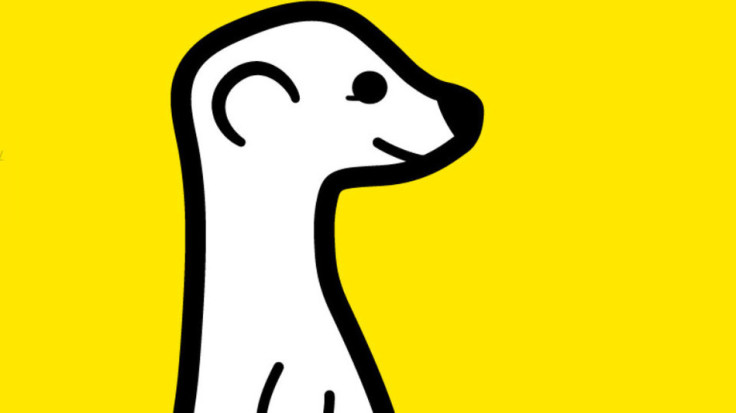Meerkat becoming live video social network after facing stiff competition from Twitter and Facebook

Meerkat, one of the original live-streaming apps, is moving away from live broadcasts towards a live video social network after facing stiff competition from Twitter and Facebook. Following its launch in February 2015, the app became the hit of the South by Southwest festival 2015 (SXSW), generating a lot of attention and excitement in the tech world.
Its time in the live-streaming spotlight, however, was short-lived. Periscope, which was acquired by Twitter in March 2015, joined the club shortly after its launch. Twitter later cut off Meerkat's access to its "social graph" due to its competing product, Periscope, essentially making it harder for users to find friends or people to follow on Meerkat.
Facebook also jumped on the live video broadcasting bandwagon with its own Facebook Live feature that was opened to celebrities in July 2015 and to regular users in January 2016.
Meerkat CEO Ben Rubin discussed the changes with Re/code, who obtained emails sent to investors and first reported the company's new move towards becoming a video social network. He later published his memo to investors on Medium.
"This year started on a high note with the rapid explosion of live video, the excitement of SXSW, and the launch of Twitter's Periscope. But over the year, it became rougher waters," Rubin wrote. "Mobile broadcast video hasn't quite exploded as quickly as we'd hoped. The distribution advantages of Twitter/Periscope and Facebook Live drew more early users to them away from us and we were not able to grow as quickly alongside as we had planned."
Despite adding several new features over the last few months including GoPro integration and their popular Cameo feature, which allowed other people to temporarily take over one's livestream session, the platform was unable to maintain a regular audience that broadcast consistently.
Rubin also attributes this difficulty to the "high emotional cost of being entertaining in a live format and bringing on enough of a live audience to make it worthwhile" for regular people as opposed to celebrities and public figures.
While Twitter and Facebook already had an established audience for them to promote their own new features, the San Francisco-based startup had to build its own user base and viewership from the ground up. However, Rubin says that the company has been working on its new product since October although he has remained silent on the specifics.
He added that Meerkat raised $12m in funding and still has 75% of it left for them to pursue their new idea. "Change is never easy. We've been humbled by the attention we've received so far, and honoured to have you along for this wild ride," Rubin wrote. "We hope you'll continue to be a part of the Colony, no matter what shape it takes."
© Copyright IBTimes 2025. All rights reserved.




















